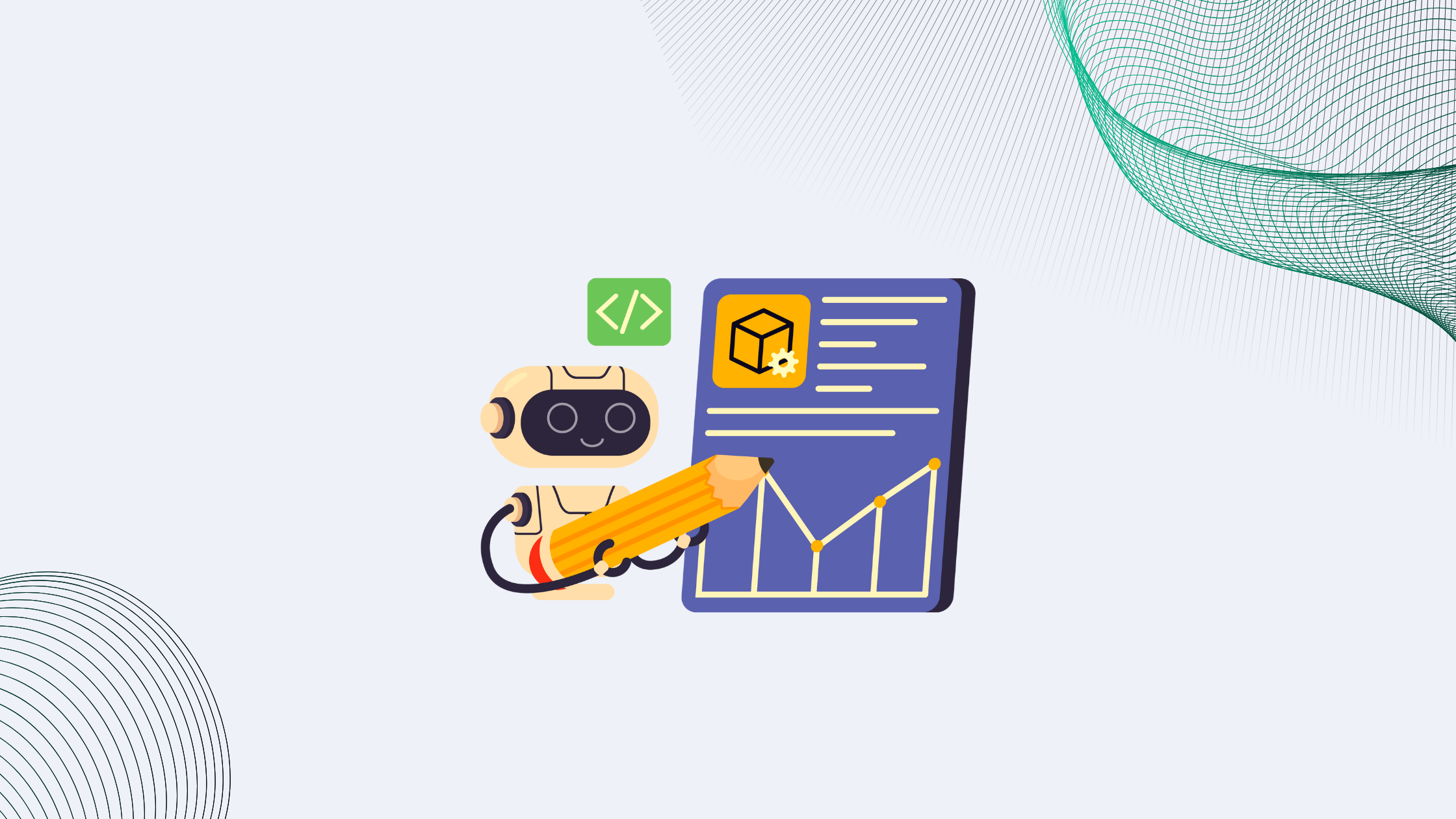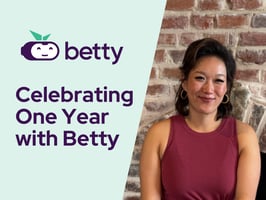From AI Skeptic to Advocate: How Betty is Transforming Association Content Discovery As the new...
Language as Technology: How Associations and AI Are Co-Creating Knowledge
Language is a technology that creates knowledge.
This is the most important lesson of the past five years for me, and one that has significantly changed how I think about associations, AI, and knowledge creation. Associations are the masters of using language as technology, and I believe they are best suited to benefit the most from AI because of it.
Let me explain.
Associations have always been at the heart of knowledge creation. But now, with the rise of artificial intelligence (AI), we’re standing at the threshold of a new chapter in how knowledge is developed. Language, the same technology that has powered associations throughout history, is now being enhanced by AI in ways that were once unimaginable. Large language models (LLMs) have the potential to revolutionize how associations create, share, and apply knowledge. AI is not just a tool for exploring existing knowledge—it’s a partner in co-creating new knowledge.
Language: The Technology that Powers Knowledge Creation
We often take language for granted, but it’s one of the most powerful tools we have as humans. It’s the technology we’ve used for centuries to construct and share information. The essence of language is that it allows us to give form to our thoughts, experiences, and emotions, to turn abstract ideas into something tangible, something we can build upon.
Throughout history, associations have perfected the use of language to create knowledge. They have established systems, processes, and structures that use language as the main tool for building, refining, and sharing knowledge. In the early days, associations were groups of like-minded individuals—scientists, philosophers, professionals—gathering to discuss their ideas, challenge each other, and push the boundaries of what was known. Their conversations became the foundation for the knowledge that was passed down through generations.
The Evolution of Associations as Knowledge Hubs
The goal of associations has always been to bring people together to share their knowledge, to engage in a dialogue that would lead to new ideas, insights, and innovations. These dialogues, debates, and exchanges are the heart of knowledge creation. They’re the mechanisms through which new ideas emerge, through which old ideas are challenged, refined, and improved. This has been true for centuries, from the early royal societies in Europe to modern trade organizations and scientific communities.
But in today’s world, the challenge has become clear: as the volume of knowledge grows, it becomes harder for members to find what they need. Despite all the work that associations have put into creating and organizing knowledge, accessing the right insights at the right time is no longer as easy as it once was. We’ve reached a point where the sheer volume of knowledge is overwhelming, and the tools we’ve traditionally relied on aren’t enough to guide us effectively through it.
AI: The Next Step in the Evolution of Knowledge Creation
This is where AI, particularly large language models (LLMs), come into play. Far beyond simple information retrieval, LLMs offer associations a way to explore existing knowledge and create new knowledge dynamically. AI enables associations to move from being knowledge repositories to active participants in knowledge creation, with the assistance of AI.
Using AI, members can access tailored insights, connect ideas across silos, and infuse their expertise into the system, enriching the outcome for others. AI also helps us make connections and insights that might not be immediately obvious to a single individual. This is the co-creation of knowledge we are talking about—a dynamic process where AI doesn’t replace the human idea, but enhances it.
For example, consider a project involving members with different expertise. Without AI, their knowledge is often siloed. One person might have deep knowledge in one area, while another has insights in a completely different domain. Traditionally, it would be difficult to bring those two sets of knowledge together. But with AI, members’ ideas can easily be synthesized, explored, and connected in real-time, sparking the next breakthrough that no individual could have reached alone.
The Future of Knowledge Creation
AI’s value lies in its ability to connect dots, enabling serendipitous discoveries - the moments when new ideas emerge from unexpected connections. It extends the language technology associations have used for centuries by amplifying dialogue and interaction to create new knowledge.
To take full advantage of the AI tools at their disposal, associations must embrace a new mindset. Language isn’t just for communication—it’s a tool for discovery and collaboration. And AI amplifies human interaction, or the use of language as a tool, turning shared dialogue and diverse perspectives into powerful drivers of progress.
Ready to explore how AI can enhance your association’s knowledge creation process? Learn more about how Betty can help you leverage AI for deeper insights, better collaboration, and groundbreaking innovation.
.png?width=173&height=70&name=Betty_RGB%201%20(1).png)



